They have been in a disadvantageous position under the Distraint Act for years, but no one seems to have ever thought of them at any time the Act was amended so far.
State secretary at the Ministry of Justice Josip Salapić says this time it will be different. He stresses that the proposal of the new Distraint Act is still under debate, but that a solution for craftsmen is being sought.
‒ We have not yet defined the final proposal ‒ says Salapić.
‒ However, we are thinking of setting a minimum income level for craftsmen that would be exempt. Craftsmen have been in this legal position for some time now. We have inherited the problem, but will take the necessary steps to make their position equal to that of other citizens - he added.
Two levels of the problem
When a craftsman is subject to distraint, there are two levels to the problem. The first is that the craftsmen's personal income is not treated as conventional pay. It is just an expense paid out from revenue. In the case of citizens who make their living from pay generated by employment, part of that pay is exempt from distraint or foreclosure if they go bankrupt or fail to service obligations. Distraint of the entire pay is illegal. Up to three quarters of the monthly wages can be exempt. Craftsmen do not enjoy this comfort.
For them, the provision of the Crafts Act, which stipulates that craftsman guarantees for his obligations with his entire property, applies literally.
Social Democrat (SDP)-affiliated MP Ranko Ostojić has warned about this problem. He sent a memo to Justice Minister Dražen Bošnjaković some ten days ago asking whether craftsmen's rights were to be equated with those of the other citizens by the new Distraint Act.
Discrimination
Ostojić points to the problem that craftsmen do not get conventional pay. He also warns that they are not discriminated only in respect to the distraint of funds. Another problem is the legal formulation whereby the exemption from distraint is given to 'the means necessary for the conduct of the craftsman's business'.
The law does not define those means, the physical equipment necessary for the business.
‒ Craftsmen have no way of protecting themselves ahead of the time ‒ says Ostojić.
‒ They have no way of getting an exemption when the distraint is under way, either. They can sue and argue that something is really necessary for their work, but the final decision depends on someone else's assessment and discretion, not on any regulation - he added.
President of the Croatian Chamber of Trades and Crafts (HOK) Dragutin Ranogajec says the Chamber has repeatedly been warning about the problem. It is drafting a proposal of a legal solution to be submitted to the Ministry of Justice. The HOK argues that the Distraint Act has been unfavorable for craftsmen for years, as it 'puts them into an unequal position compared to other natural persons'. It has proposed amendments to provide craftsmen with an equal status before, but they have never been adopted.
Last year, HOK demanded that the funds needed to support the craftsman and his family be protected in the same way as the workers' wages.
- Currently, it is legally possible to seize all funds on a craftsman's accounts (both private and business), which threatens the livelihood of both the craftsman and his family - insisted the Chamber last year.
- Adopting the amendment sent by the HOK to the competent institutions would ensure that the part of the income earned by the craftsman amounting to two thirds of the average net monthly pay, a half of the legal maintenance allowance, and a quarter of the child allowance, are exempt.
Protection of business
HOK also insisted that the distraint procedure executed by the state financial agency, Fina, distinguish private obligations of the craftsmen from business ones, so that a failure to service private obligations would not lead to distraint over the business.
- The purpose is to protect the business, so that a distraint over private liabilities would no longer make it impossible for a craftsman's business to pay its employees, or force its closure - explains the Chamber.
It was also demanded that the property used by the craftsman and his family as personal housing be exempt if it is the sole such property. That is also a comfort afforded by the law to the other natural persons.






Komentari
0